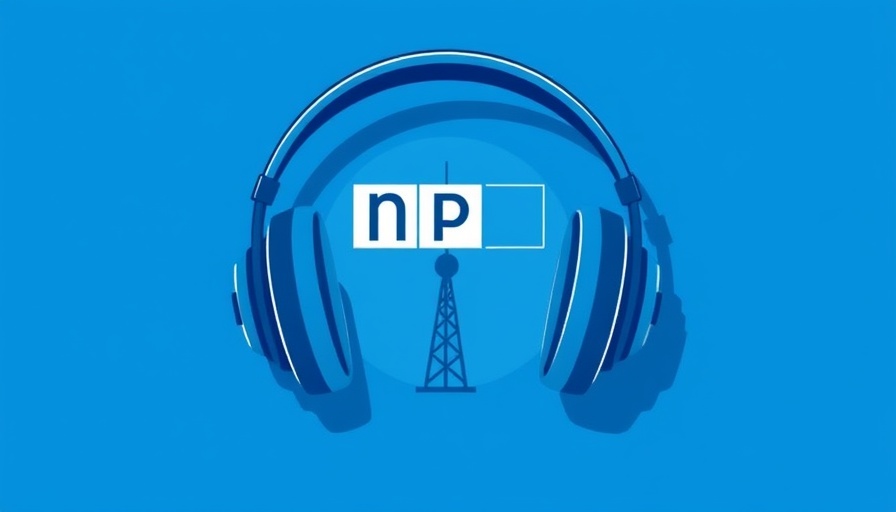
The Rise and Fall of USAID Under Recent Administrations
USAID, the U.S. Agency for International Development, was founded to tackle global poverty and advance international development. However, under recent administrations, it has seen significant upheaval. Originally managing over $40 billion in federal spending for aids and programs aimed at alleviating poverty, providing humanitarian assistance, and promoting health worldwide, the agency is now facing serious challenges. Layoffs, a halt to many aid efforts, and removal of its social media presence indicate a drastic shift in governmental priorities.
Elon Musk’s Controversial Claims and Call for Action
Recently, tech mogul Elon Musk prompted outrage and intrigue when he labeled USAID a 'criminal organization' while arguing that it should cease to exist. His statement on social media reflected a growing sentiment among some segments of the public who believe that governmental aid organizations often fall short of their missions. This perspective adds a layer of complexity to an already fraught discussion about the effectiveness of foreign aid and international development.
Linking Disruption to Legislative Shifts
To understand the implications of USAID's recent challenges, one must consider the legislative changes that prompted its current state. On the first day of his presidency, former President Trump issued an executive order temporarily halting foreign assistance, suggesting that such aid destabilizes world peace. This decision has remained controversial, as critics argue it undermines vital humanitarian efforts that benefit both global stability and American interests overseas.
The Future of USAID: Concerns from Experts
As discussions surrounding the fate of USAID continue, many experts are sounding the alarm over the potential merging of the agency with the State Department or its outright elimination. Jeremy Konyndyk, a former disaster relief leader at USAID, voiced his concerns, suggesting this dismantling process is being conducted in secret without any realistic plan for the future of aid distribution. His claims underline the fears shared by many in the humanitarian sector about the crisis response capabilities evaporating.
A Broader Discussion on Foreign Aid Effectiveness
The growing skepticism towards aid organizations like USAID raises critical questions about funding and support for international development initiatives. The current climate invites a re-evaluation of how resources are allocated, challenging the status quo. Those interested in the future of this vital sector must consider whether existing frameworks serve to empower communities effectively or perpetuate cycles of dependency.
Understanding the Impact on Global Health and Development
USAID’s withdrawal from certain projects could result in long-term negative consequences for health and development in regions reliant on American aid. Programs that aim to combat diseases, improve nutrition, and foster education could face enormous disruption. By examining the immediate impact of USAID’s potential decline, business professionals can better appreciate the humanitarian landscape and its interconnectedness with global stability, and by extension, economic opportunities.
Call for Reflective Action
While there's no direct call to action here, individuals within the business and technology sectors might consider reflecting on how international aid systems shape global markets and the ethical implications of their practices. Remaining informed is crucial, especially as changes to organizations like USAID could dramatically reshape international cooperation efforts and resources built for humanitarian purposes.
 Add Row
Add Row  Add
Add 




Write A Comment